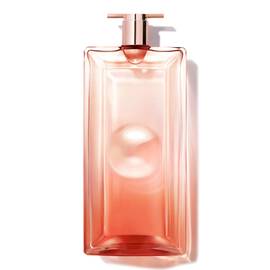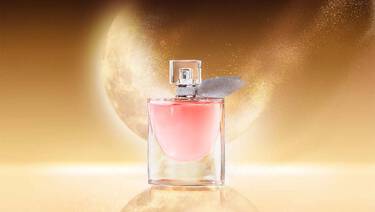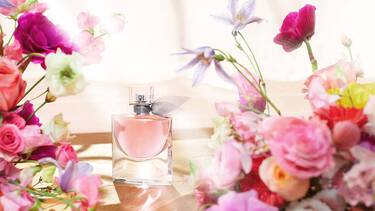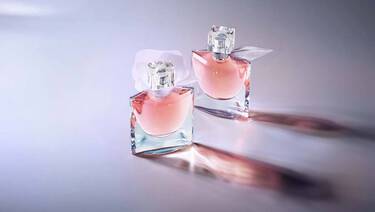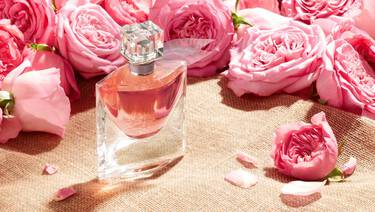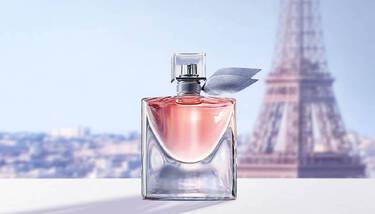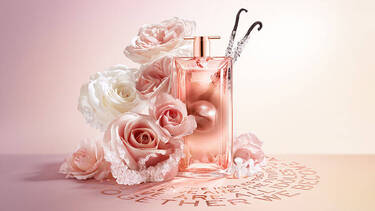Cologne vs Perfume: What’s The Difference?
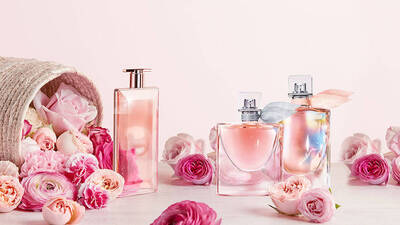
When it comes to fragrances, terms like "cologne" and "perfume" often get thrown around, but what do they mean? Both are essential components of the fragrance world, yet they have unique characteristics that distinguish one another. Whether you're looking to purchase a new scent or simply want to understand the difference between cologne and perfume, this guide will walk you through the basics, helping you make an informed choice. Read ahead to know more.
Cologne Vs Perfume
What Is Cologne?
Cologne, often referred to as Eau De Cologne (EDC), has its roots in the 18th century when it was first developed in
Cologne, Germany and that’s where it got the name from. This type of fragrance is known for its light, fresh, and
often citrus-based scent profile. The term "cologne" is widely used as a general term for men's fragrances. However,
technically, cologne refers to a specific concentration of fragrance.
Cologne typically contains a lower concentration of fragrance oils, usually ranging between 2% and 5%, mixed with
alcohol and water. This results in a scent that is light, refreshing, and not overpowering. Since the concentration
of fragrance oils is lower, colognes tend to last for a shorter period on the skin—generally around two to three
hours before the scent begins to fade.
Because of its lighter nature, cologne is perfect for casual, day-to-day use or warmer climates where you don’t want
a heavy or intense scent. It’s also a popular choice for men, though it's not exclusive to them, and many women
enjoy wearing cologne for its easy, breezy qualities.
What Is Perfume?
Perfume, on the other hand, is known for its higher concentration of fragrance oils, ranging from 15% to 40%,
depending on the type of perfume. When people refer to "perfume," they often mean Eau De Parfum (EDP) or Parfum,
which are the most potent types of fragrances. Because of the higher concentration of oils, perfume has a more
intense and longer-lasting scent than cologne, often lingering on the skin for up to eight hours or more.
Perfumes are made with a blend of top, middle (heart), and base fragrance notes that evolve. The top notes are what
you smell initially, the middle notes develop after a few minutes, and the base notes are the lasting scents that
remain as the fragrance settles. Due to its complex composition, perfume is typically more expensive than cologne
and is seen as more luxurious. It’s ideal for special occasions, evenings out, or when you want a scent that will
last throughout the day and into the night.
Perfume is often richer and heavier, making it more suitable for cooler weather or when you want a more evident
scent presence. While traditionally marketed toward women, there are plenty of perfumes for men, too, especially in
the unisex and niche fragrance markets.
Difference Between Cologne And Perfume
Now that we understand what cologne and perfume are, let’s dive into the key differences between them –
1. Concentration Of Fragrance Oils
- Cologne has a lower concentration of fragrance oils, typically around 2-5%, which gives it a lighter scent that doesn’t last as long
- Perfume contains a higher concentration of fragrance oils, usually between 15-40%, making it more potent and long-lasting
2. Longevity
- Due to the lower oil concentration, colognes tend to last only a few hours, around two to three on average
- Perfume, with its higher oil content, can last anywhere from six to eight hours, sometimes even longer depending on the specific formulation
3. Intensity
- Cologne offers a more subtle and refreshing scent that’s great for daily use, especially in the summer months or warmer climates
- Perfume has a stronger, more intense scent that’s often more complex and multi-dimensional, making it perfect for special occasions or cooler weather
4. Price
- Colognes, being lighter and less concentrated, are generally more affordable and come in larger bottles since you may need to reapply throughout the day
- Because of the higher concentration of fragrance oils, perfumes tend to be more expensive than colognes and come in smaller quantities
5. Occasion
- Cologne’s fresh and light qualities make it ideal for daily wear, especially for casual settings, the office, or outdoor events
- Perfume is perfect for evening wear, special occasions, or when you want your fragrance to make a lasting impression
In the world of fragrances, both cologne and perfume hold their own special place. Whether you prefer the light and
refreshing scent of a cologne or the rich and long-lasting aroma of a perfume, your choice ultimately depends on
your personal preferences, the occasion, and even the season.
By understanding the differences between cologne vs perfume, you can make a more informed decision the next time
you’re shopping for a new fragrance. Without further ado, browse through a wide range of Lancôme women’s perfumes
and explore the fragrance magazine guide to express your style and leave a lasting impression wherever you go.






